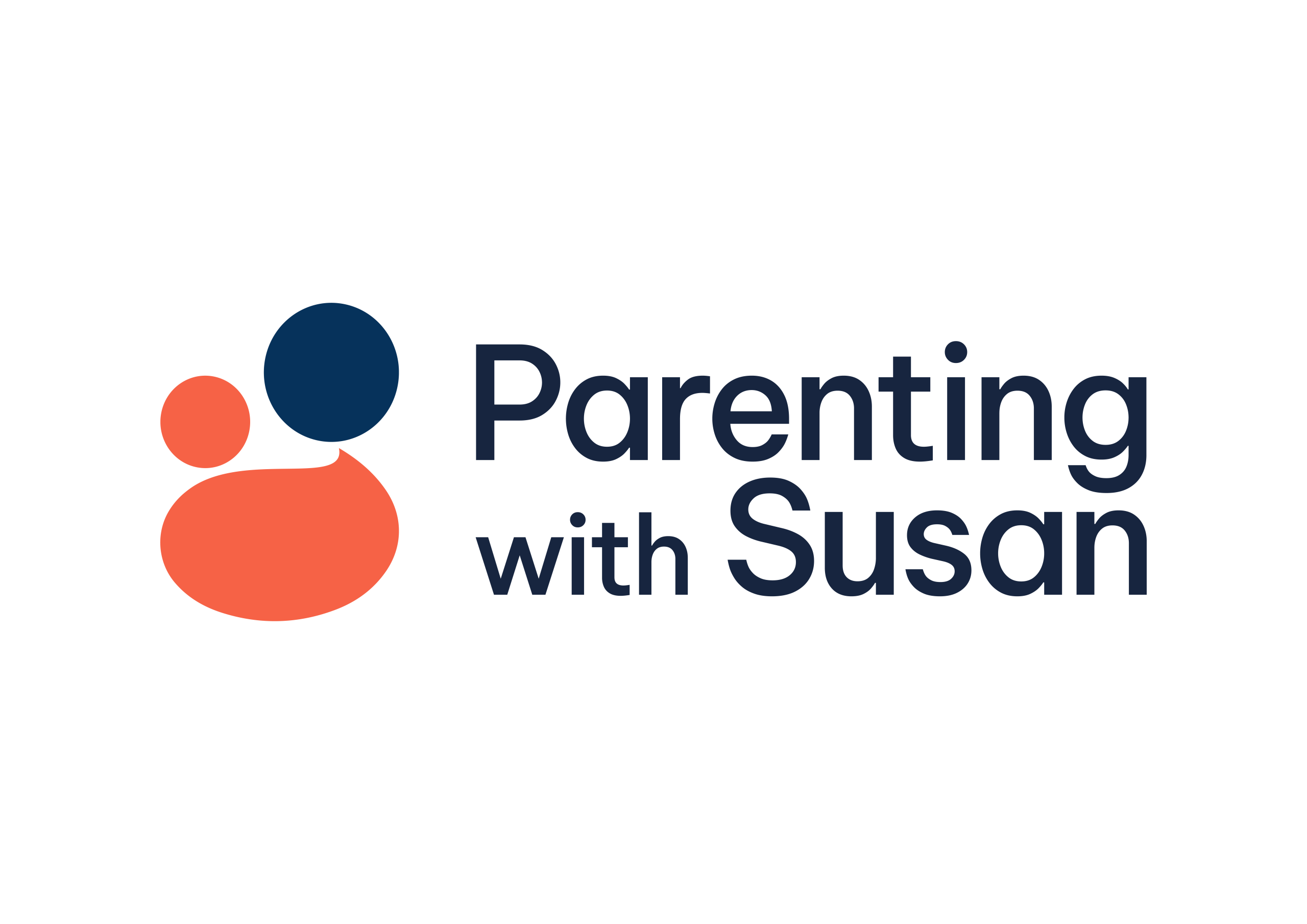
Don’t we all? How else can you get ‘them’ to listen and do what you ask of them? Especially as teenagers or young adults when they seem to be in a world of their own and sometimes completely ignore you, roll their eyes, keep tapping on their phone or just looking away!!! So we shout to get their attention and it temporarily works!
However, when you yell/shout, you communicate emotion not discipline or direction. Yelling or shouting is reactive and your words loose substance. It generates barrier between you and your child and often leads to worse behavior which creates the need for more yelling. IT USUALLY SEEMS THE EASIER OR FASTER WAY TO GET OUR WARD/s TO DO SOMETHING ALBEIT THROUGH FEAR BUT IT LOOSES EFFECTIVENESS IN A SHORT TIME SPAN. MORESO WE SET A BAD EXAMPLE.
So what do we do? How can we communicate effectively??
WATCH YOUR EMOTIONS!
Emotion is your enemy when you are trying to get through to your teens or young adults or even the younger ones. It’s emotion that causes you to shout. I have to consistently remind myself that, and you should too. When you really think about it, there is no reason to be mad at your child for being him/herself. We may not like their poor choices but the truth is, they do not yet have the skills to make better ones. So our job is to help guide them to make better choices so they can in turn develop better skills. When we realise this is our job as parents, it will help us to become less emotional.
ACT AS IF THEY HEAR YOU!
If you know your child has no hearing deficiency and does not currently have ear phones on—and you are speaking clearly in a language, he/she also speaks—assume they can hear you. Look at them and state your rules and expectations clearly and calmly.
When you sidestep the power struggle, you are able to focus on the topic at hand and deliver your expectations clearly. Do what you can to be clear and direct, even when talking to the back of your child’s head as s/he stares at a cell phone screen. Then hold them accountable for their choices. Don’t debate whether or not they heard you—that’s a detour conversation, and it won’t get you to where you need to be. Remember, if you keep your cool and stay focused, everything is teachable.
KEEP YOUR EYES ON THE PRIZE!
What’s your goal? What is the one piece of information you want to relay to your child? State your information clearly and don’t allow your child to drag you off course.
DON’T TAKE IT PERSONAL!
When your child ignores you, yells at you or pretends not to hear, remember that s/he is trying to feel more powerful in this situation. Remind yourself that a power struggle or screaming match will only make things worse. Even if you’re annoyed, keep calm and state the facts. If s/he tries to pull you in, turn around and leave. You don’t have to attend every fight you’re invited to.
SHARE THOUGHTS AND FEELINGS.
Everyone should feel free to express his/her thoughts and feelings without fear of censorship or criticism. If you blame or act judgmental, you will succeed only in turning off your teen/ward.
On the other hand, if you genuinely try to understand their thoughts and feelings about the problem, then you have gained an ally and they will actively help in solving the problem. A round table discussion with your children armed with agreed values as mentioned in my books really helps to establish rules and consequences together. Almost all issues are easily solved this way. Listen to them, view from their angle and never be quick to judge
DON’T DEBATE ESTABLISHED RULES
If your teen/ward tries to side-track you into starting an argument, keep the conversation focused on your expectations, not on your teen’s ideas about fairness. Truth is “the world is not always fair”! If you argue about established rules with your teen, it gives the impression, the rules are changeable. Remember, keep your cool, stay focused on the issue at hand and don’t let your child knock you off topic. Believe me, your teen/ward knows that eye rolling, muttering under their breath and having a bad attitude irritates you. Repeat to yourself: “Power struggles are never a good use of my time.”
BE INDEPENDENT AND FIRM. ACT; DON’T REACT!
Don’t do anything until you’re both calm. Avoid doing anything until you and your child have both calmed down. You should not respond to your child when you are upset, or when your child is upset and in your face; Say nothing. Take a few minutes or more if you need to. Then when emotions have evened out, you can sit down and talk with them. It’s never good to try to bring up a difficult subject or resolve a conflict in the heat of the moment. So if either you or your child is upset, pause and come back when you can address things in a calmer way.
If after that, you attempt a conversation with your teen/ward and s/he is rude or out of line, that is when you have to hold on to yourself and make sure you do not get dragged into a fight. If it becomes impossible to have an open, respectful conversation at this point in time, remember that it is still your job to stay firmly planted. Have a slogan that you say to yourself like, “I am not going there no matter what.” If you can do that consistently, over time the baiting and antagonism should calm down. The good news is that the more you refuse to engage, the easier it will get to stay calm.
GENERATE SOLUTIONS AND FUTURE GUIDELINES.
Think creatively to generate possible solutions. Discuss them with an open mind until you find one or more that everyone can agree on. You should be willing to negotiate so that everyone feels they get as well as give in order to reach an agreement.
(culled from my books; Let’s Talk. A Guide For Teenage Parenting and Volume 1 of ‘It’s Gone All Wrong! Is it too Late?)


